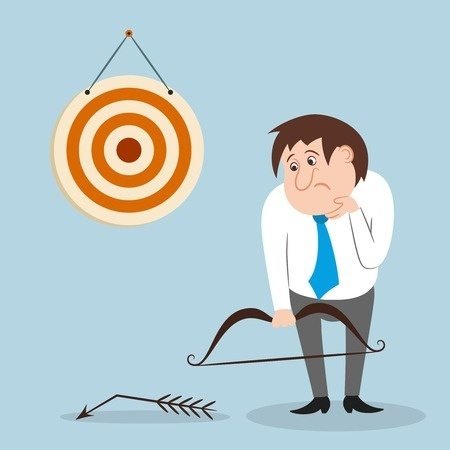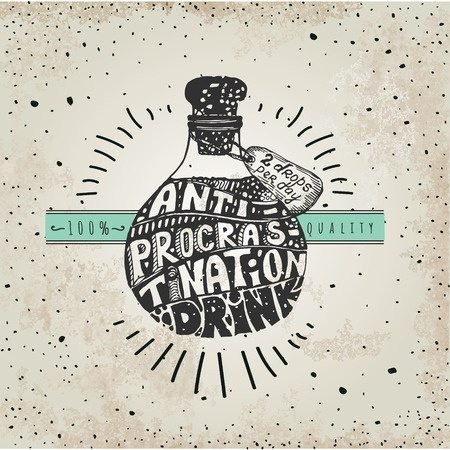If you work a ‘nine-to-five’ job, you are likely all too familiar with the mid-afternoon slump.
Your energy levels plummet, concentrating becomes harder and all you want is a nice nap.
Our bodies have a strong biological need to sleep between 1PM and 3PM, in order to recharge.
However, given that sleeping is not an option for most of us, here are a few tips for re-energizing quickly while at work.
Make Your Environment Brighter
Light energizes us.
If nothing else, increasing the brightness in your area will distract you from dozing off.
If you don’t have a window with natural light in your work area, simply plugging in an extra lamp will do the trick.
In fact, Physiology and Behavior performed a recent study which showed that workers who had more light in their offices displayed significantly higher energy levels throughout the day.
Laugh a Little
Humor is always good.
Whether it’s watching something on YouTube, reading humorous short stories/articles, or a reflection on something that you find funny, making yourself laugh is an excellent way to become re-energized.
According to a University of Nebraska study, people found themselves experiencing immediate energy boosts after watching funny cat videos on YouTube.
Their heart rate, blood pressure, and dopamine levels increased after laughing, which helped them become more aware and productive.
Try Some Gum (Or some other chewy substitute)
Small physical tasks can help to get your brain moving again after it tries to zone out and distract you from work.
One such small task that anyone can do is to chew gum.
When you chew, the amount of blood and oxygen in your head (particularly your brain) increases. Due to this, chewing can help you become more aware and energized.
Go for a Quick Walk
Do you find that you are sitting down for nearly the entire work day?
If so, that is likely one of the biggest reasons you are falling into a slump in the first place.
When your body’s muscles fail to have enough movement, the production of important chemicals such as insulin and glucose cease to occur, making you tired as a result.
To avoid this, you only need to take small breaks every few hours, to take quick walks. Simply find those five minutes, and give your brain and body a nice rest from sitting still.
According to one report published in Environmental Science and Technology, people who walk outside experience much better results than those who walked indoors. If you can walk outside during your work breaks, it is highly recommended.
Listen to Upbeat Music
Have you ever used music to help you work out or become motivated?
If you do, you already know the benefit it can have toward helping you over your afternoon slump.
Not only does music get you excited, but it can up your energy levels and creativity, according to research from the University of Toronto.
One of the researchers had this to say on the subject: “Music effectively alters the speed of our brain waves. We can turn them up or calm them down depending on the genre of music we plug into.”
The study also suggests that listening to songs that you have used to become energized in the past increases the effect of this phenomenon.
Hydrate
Becoming dehydrated is not only bad for your health, but it slows down the brain as well, and causes fatigue.
Even very low levels of dehydration (1%) can lead to these effects, according to a study performed by the U.S. Army Institute of Environmental Medicine.
So ensure that you drink enough water through the day and if you want to expedite the process of using water to help wake you up, drinking it cold can help.
Stimulate Your Ears
If you rub both of your ears between your thumb and forefinger, this stimulates all of the energy meridians throughout your body and will give you a burst of energy.
Those who practice Traditional Chinese Medicine, will agree about these benefits. In fact, the Journal of Traditional Chinese Medicine recently published a study that showed those who experienced chronic fatigue were helped significantly by ear stimulation.
Snack on Something
To remain aware and focused during those mid afternoon work hours, having a healthy, nutrient-filled snack can be extremely helpful.
One study from the University of California, Los Angeles, found that healthy women were able to increase brain activity involved with decision making and stress relief after snacking on a yogurt product filled with probiotics.
If you want to increase your energy at work, your metabolism, and your overall happiness levels, having a healthy snack or two throughout the workday provides a perfect solution.







